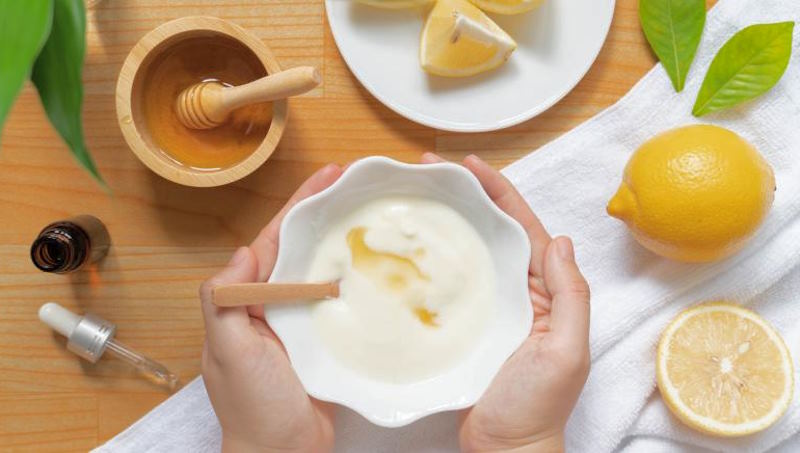Are you dreading your next hair salon visit if you have scalp psoriasis? You’re not alone. Dealing with scalp psoriasis can make routine hair care appointments feel daunting. The itching, redness, and flaking associated with this chronic condition can disrupt not only your scalp’s health but also your confidence. But what if there were natural remedies you could explore between salon visits to ease your discomfort and maintain scalp health?
Traditional Treatments for Scalp Psoriasis
Over-the-counter Products
Many over-the-counter shampoos, creams, and ointments contain ingredients like salicylic acid or coal tar, which help to reduce scaling and inflammation.
Prescription Medications
For severe cases, dermatologists may prescribe corticosteroids, retinoids, or immunosuppressants to manage symptoms and slow down skin cell growth.
Challenges with Traditional Treatments
Side Effects
Some traditional treatments may cause side effects like skin irritation, dryness, or thinning, which can be uncomfortable or undesirable for some individuals.
Cost
Prescription medications and specialized shampoos can be costly, especially if they require long-term use, making them inaccessible for certain individuals.
Natural Remedies for Scalp Psoriasis
Aloe Vera
Known for its soothing properties, aloe vera gel can help reduce inflammation and itching when applied directly to the scalp.
Tea Tree Oil
With its antifungal and anti-inflammatory properties, tea tree oil can effectively alleviate scalp psoriasis symptoms when diluted and applied topically.

Coconut Oil
Rich in fatty acids, coconut oil moisturizes the scalp and helps to reduce redness and scaling associated with psoriasis.
Apple Cider Vinegar
Apple cider vinegar’s acidity can help balance the scalp’s pH levels and relieve itching when diluted and used as a rinse or in a scalp treatment.
Benefits of Natural Remedies
Gentle on the Scalp
Natural remedies are often milder and less likely to cause irritation or adverse reactions compared to harsh chemicals present in some traditional treatments.
Cost-Effective
Many natural remedies are readily available and affordable, making them a cost-effective option for long-term scalp care.
Fewer Side Effects
Since natural remedies are derived from plants and natural substances, they typically have fewer side effects compared to synthetic medications.
How to Use Natural Remedies
Preparation and Application
Before using any natural remedy, it’s essential to patch test to ensure no allergic reactions occur. Once confirmed, follow specific instructions for preparation and application.
Frequency
Consistency is key when using natural remedies. Incorporate them into your daily or weekly hair care routine for optimal results.

Lifestyle Changes to Support Scalp Health
Diet and Nutrition
Consuming a balanced diet rich in omega-3 fatty acids, vitamins, and minerals can promote overall scalp health and reduce inflammation.
Stress Management
Stress can exacerbate scalp psoriasis symptoms. Incorporating stress-relief techniques like meditation or yoga can help manage flare-ups.
Hydration
Staying hydrated by drinking plenty of water supports skin health and can reduce dryness associated with scalp psoriasis.
Consulting with a Healthcare Professional
Importance of Medical Advice
While natural remedies can be beneficial, it’s essential to consult with a healthcare professional, especially if you’re already undergoing traditional treatments or have other health concerns.
Integration with Traditional Treatments
Natural remedies can complement traditional treatments, providing additional relief and supporting overall scalp health.


